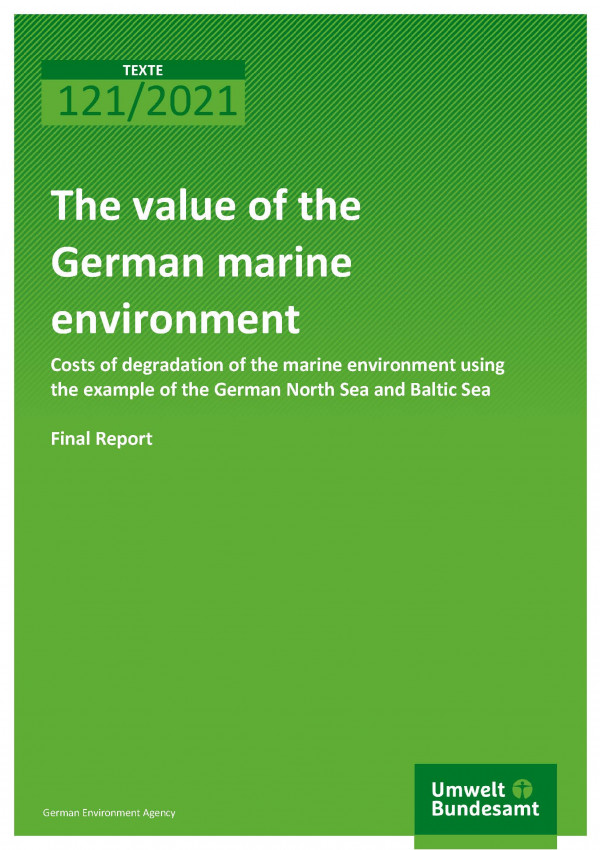Get started now for a climate-neutral Germany!

70 % less greenhouse gas emissions by 2030 are possible - and necessary - in Germany.
Source: Eyematrix / Fotolia.com |
The 2020s must set the course for Germany achieving climate neutrality. UBA has presented numerous proposals on how it is possible to achieve this, for example in 2019 with the RESCUE study. It shows: Germany is capable of reducing its greenhouse gas emissions by around 70 percent by 2030 compared to 1990. We must, however, act immediately and substantially increase our efforts. A selection of the UBA's proposals:
Energy transition : In comparison to 2020, Germany needs to build four and a half times as many onshore wind turbines and install twice as many rooftop photovoltaic systems per year.
Transport transition : More walking, cycling, bus and rail transport and fewer and more climate-friendly cars are needed - for example by reducing environmentally harmful subsidies and providing more space and investment in climate-friendly mobility.
Nutrition transition : The consumption of animal foods, such as meat or dairy products, needs to decrease. Policymakers could promote this, for example, by raising VAT on animal-based foods and lowering VAT on plant-based foods.
Climate-friendly industry : Energy and resources also need to be used more efficiently and the remaining energy demand covered by renewable electricity or, if not possible, via hydrogen produced with renewable electricity.
Heating transition and energy-efficient building refurbishment : The energy requirements of buildings need to be drastically reduced. This requires us to renovate about 2.5 percent of the building stock per year - currently we are only at 1 percent. The heating supply needs to be switched from oil and gas to climate-friendly heating networks or to heat pumps powered by green electricity.
Sustainable consumption and circular economy : Products need to last longer, be used for as long as possible and be recycled at the end of their life.
International cooperation : A global effort is required to halt the climate crisis - especially in the G20 countries, including Germany. They alone cause 80 per cent of global greenhouse gas emissions. Germany should therefore cooperate with other countries and set milestones, as it did in 2000 with the Renewable Energy Sources Act (EEG).













